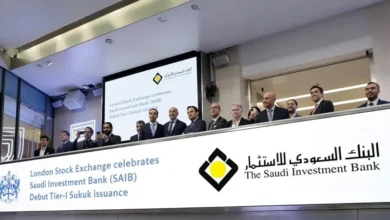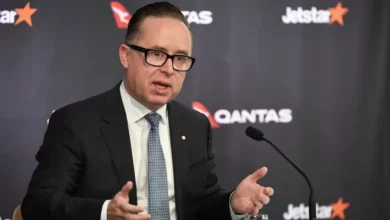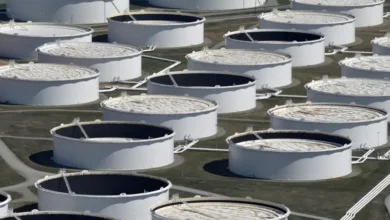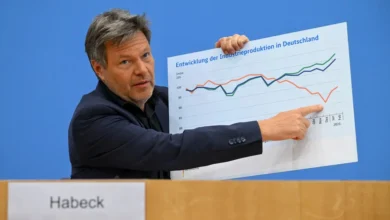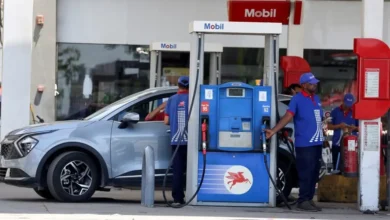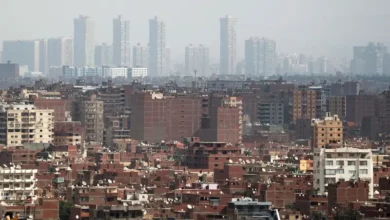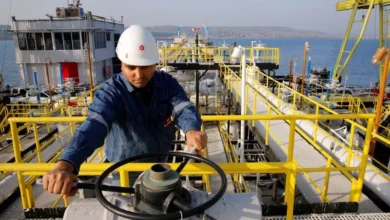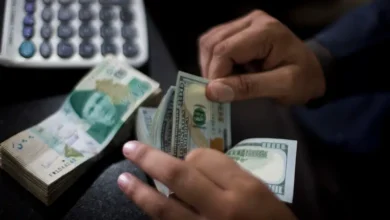Top India court sets up six-member panel to probe Adani market manipulation charges
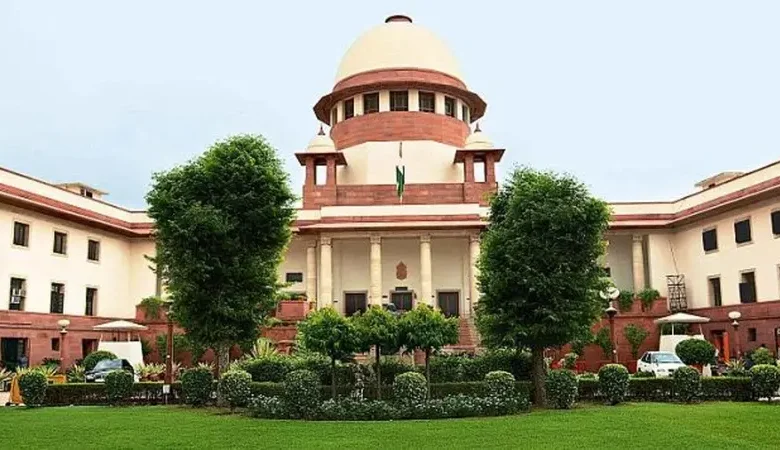
India’s top court set up a six-member panel to probe allegations against the Adani Group, after a bombshell report from an American short seller wiped out more than $140 billion off the conglomerate’s market value.
The Supreme Court of India on Thursday also asked the local markets regulator to investigate any manipulation in the Adani stocks and inform about its findings within two months. The committee is also tasked with assessing if there has been regulatory failure and to suggest measures to strengthen the framework.
The panel will be led by retired top court judge A.M. Sapre and have veteran bankers O.P. Bhat and K.V. Kamath as well as Nandan Nilekani, Somasekhar Sundaresan, and retired judge J.P. Deodhar.
The ruling came on public interest petitions seeking the court’s intervention after US-based Hindenburg Research’s January 24 report alleged accounting fraud and stock manipulation by the conglomerate helmed by billionaire Gautam Adani, triggering a stock rout. The Adani Group, which has denied the short seller’s allegations, welcomed the court’s order.
The market regulator, Securities Exchange Board of India, is al-ready inquiring into the allegations levied by Hindenburg while the banking regulator has asked Indian lenders for details of their exposure to the Adani group, Bloomberg reported in February citing people familiar with the matter.
The pleas sought a probe by a committee into various aspects, including exposure of and risk to public money through invest-ments by state-run financial firms. Four petitions have been filed by individuals flagging the larger public interest in this crisis. Of these, one is by a member of the Indian National Congress, country’s main opposition party.
Flash point
The episode has become a flash point between India’s ruling party and the opposition parties since the tycoon is often seen as being close to the Indian Prime Minister Narendra Modi. The parliament session held in February saw disruptions on several days with the opposition demanding a probe into the ports-to-power conglomerate that was expanding at a breakneck speed in the past few years, foraying into new sectors including renewable energy, airports, cement, mining, and media.
The Adani Group in the past few weeks has been in an overdrive to assuage investor concerns about the corporate governance and indebtedness at the conglomerate.
The tycoon, who used to be Asia’s richest person, and his aides have so far junked a $2.5 billion share sale by the flagship Adani Enterprises Ltd., scrapped new acquisitions, prepaid some debt, plan to repay more, reined in capital spends as well as hired top-shelf US crisis communication and legal teams. The group also held investor roadshows this week in Singapore and Hong Kong as a confidence-building measure, which have helped Adani stocks stage a rebound.
When the top court agreed to hear the petitions against the Adani Group last month, it said it is “treading with caution” and is concerned with protecting investors’ interest. The Indian government later on informed the court that it is not opposed to a court-appointed probe panel.
The court had earlier refused to consider the Indian government’s recommendations for committee members in the interest of transparency and instead said it will appoint the panel on its own. But it had invited recommendations from the government and the petitioners to pin down the scope of the investigation by the court-appointed committee.
The Supreme Court has appointed panels regarding controversial issues in the past few years with mixed outcomes. It set up a committee of experts to review three farm laws that triggered farmer protests but its report was not made public.
The findings of a panel constituted to look into the Pegasus spyware issue and if there was a breach of right to privacy of Indian citizens were delayed on multiple occasions. It also did not ascertain conclusively if Pegasus malware was indeed used.
